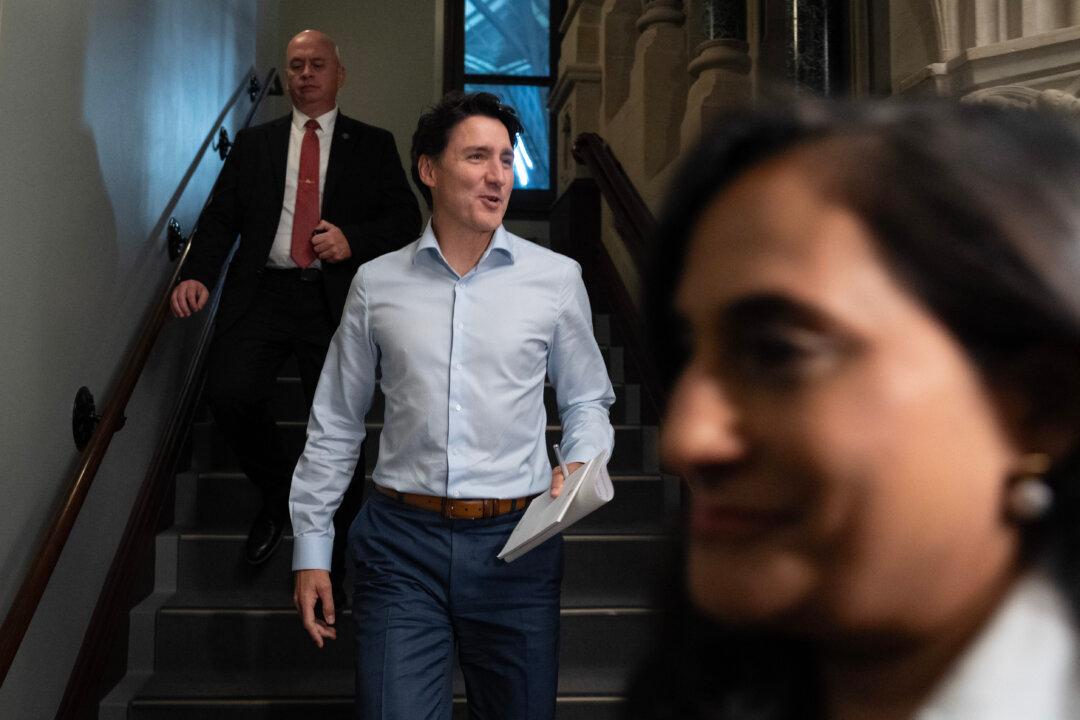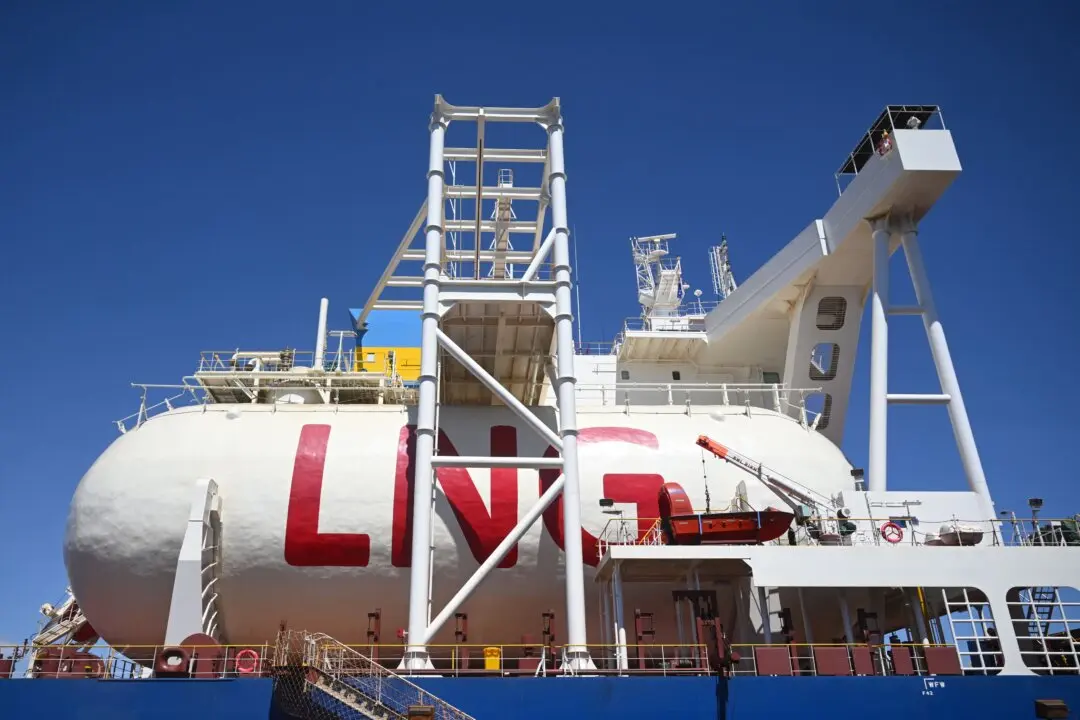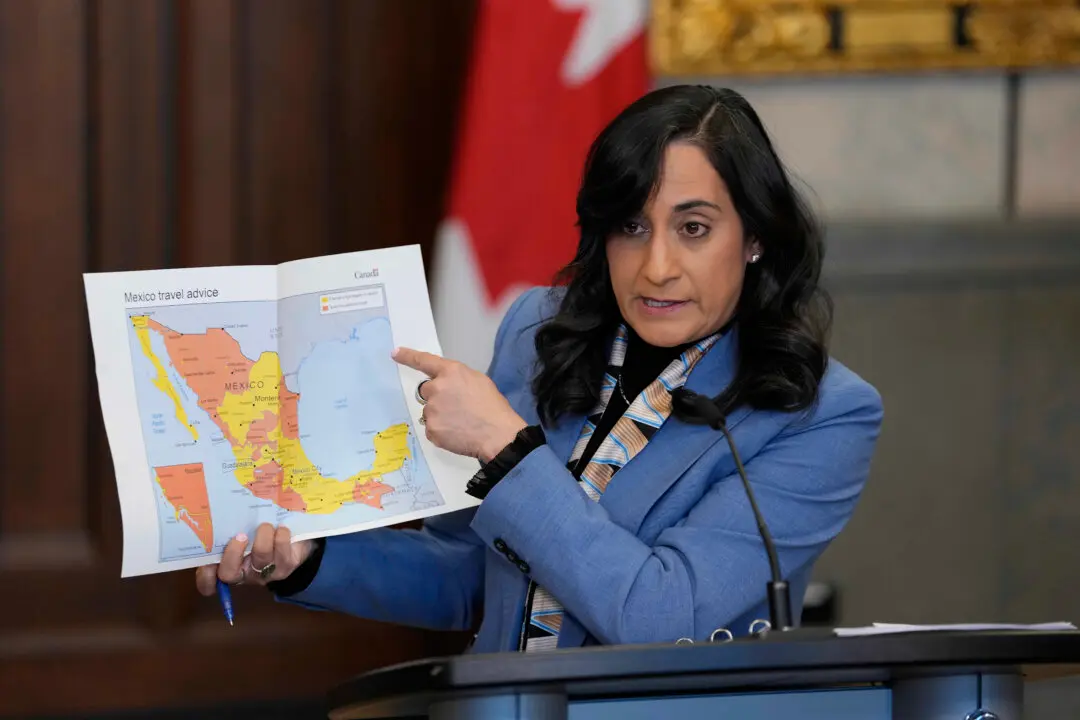Prime Minister Justin Trudeau said his party is “united” after a caucus meeting discussing his leadership, but comments from some Liberals point to tensions not having been resolved.
Pressure had been building in recent days ahead of the Oct. 23 Liberal caucus meeting, the first attended by Trudeau in three weeks after a break in the House of Commons and his trip to Asia. Word had leaked out that some MPs were mounting an effort to ask him to resign.





